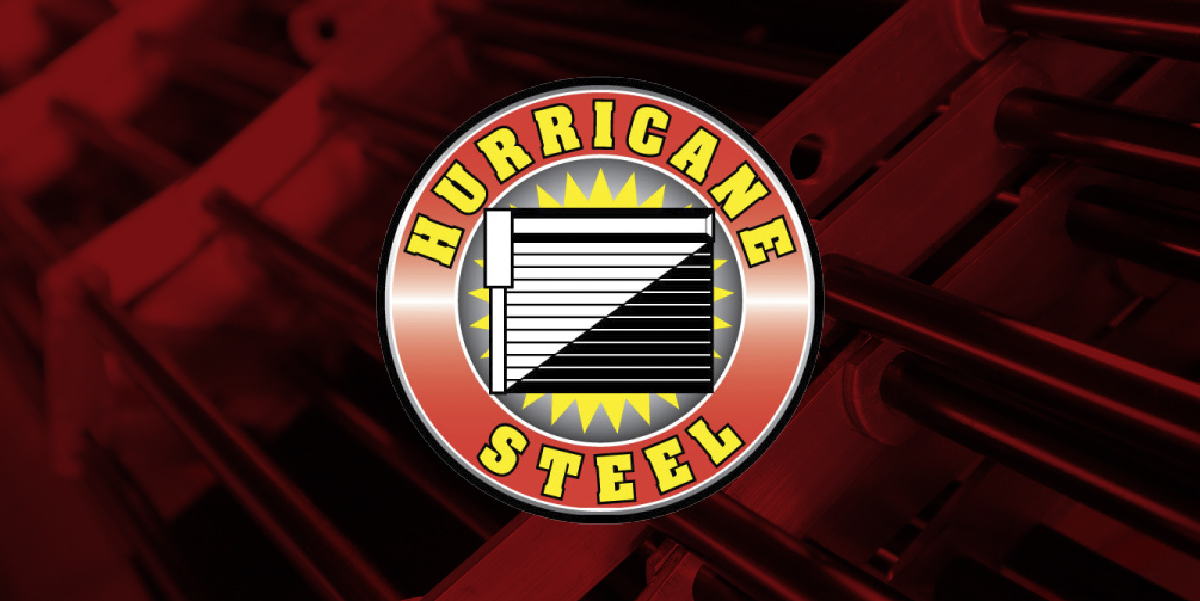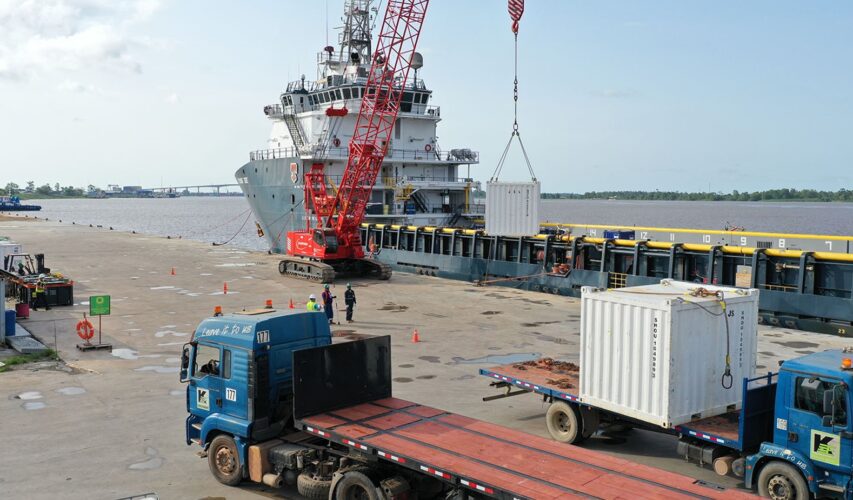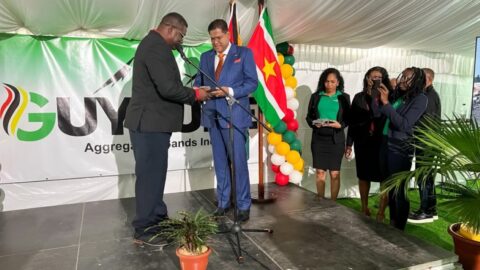Government Too Slow with ‘Local Content’ Legislation
Slow Progress: Suriname Government Lagging in Local Content Legislation
Although there are regulations in place for attracting local capacity through foreign investors in oil-focused projects, the government is still too slow in creating legislation that covers more economic sectors. This was highlighted during the Suriname Energy, Oil & Gas Summit (June 19-23) at Hotel Torarica.
Tax consultant Roy Shyamnarain, who gave a presentation at the conference, told Ware Tijd that it is not entirely accurate to say that there is no legislation. Article 17 of the Petroleum Act states that contractors must prioritize Surinamese workers and Surinamese suppliers, to the extent possible, when it comes to employment and procurement of goods and services.
Entrepreneur Malcolm Bilkerdijk believes that progress in creating local content legislation is “too slow.” He says, “As entrepreneurs, we notice that, don’t we? We are not being prepared for what awaits us.”
“That ’terrible deal’ has given Guyana a five-year head start over Suriname and a well-funded sovereign fund” –Roy Shyamnarain
Bilkerdijk adds that it is not just about formalities such as participating in tenders. “There is a lot to consider, but entrepreneurs need to be educated, otherwise, they will lag behind.”
He observes that local entrepreneurs often start in a disadvantaged position when it comes to such matters. According to him, Guyana is a good example of where the government’s local content policy went wrong. Bilkerdijk notes that the Surinamese Business Association (VSB) and the Chamber of Commerce and Factories (KKF) are working towards the legislation, but little progress has been made so far.
Taking Matters into Their Own Hands
Timothy Mendonça, director of EAG Airport Management, says his company is not waiting for the law. The company is already preparing for the upcoming developments in the offshore oil and gas sector. So far, EAG Airport Management has been able to keep up with the developments.
He believes that there doesn’t need to be a specific law. However, the government should establish a framework in which control and compliance with the rules are guaranteed. “You can have 101 great local content laws that thousands of consultants and lawyers have worked on, but if no one verifies whether we are really adhering to them or if foreign competitors are complying with them, then they are useless.”
Petroleum Act
According to Shyamnarain, the Petroleum Act provides enough guidance for local companies to get started. “A contractor will, in accordance with the legal provisions and the provisions of the Petroleum Agreement, ensure that the employment of foreign personnel is strictly limited to positions for which there are no experienced and qualified Surinamese available, and will use all possibilities for Surinamese citizens to gain skills and acquire responsible positions in the work under the Petroleum Agreement,” reads section 1 of Article 17 of the Petroleum Act.
Under the Petroleum Act, foreign contractors are obligated, in the execution of their work, to give preference to goods and services produced or available in Suriname over foreign goods and services if they can be obtained on no less favorable terms. Shyamnarain says, “This provision is also included almost verbatim in the production sharing contracts. Contractors must periodically report their efforts in this regard to Staatsolie.”
However, he acknowledges that a specific local content law should be enacted, “but not as stringent as in Guyana, as that can lead to negative effects.” According to the tax expert, there is already an understanding among parties in Suriname that certain goods, such as food and fuel, are exclusively purchased locally.
However, it often seems to be a challenge for local suppliers to maintain consistency in quality and continuity. “I think that if companies have the ambition to become preferred suppliers, they should at least prepare themselves to meet the required standards,” says Shyamnarain. The government or Staatsolie could provide guidance and support in this regard.
Guyana’s Advantage
He states that from the perspective of the oil companies, they did not receive such a “sweet deal” in Suriname as Exxon, which has been pumping oil in neighboring Guyana for several years. “Suriname’s fiscal conditions aim to give us a fair share of our resources while delivering an attractive return for the companies. And it seems that the companies can live with that.”
Shyamnarain adds that under the pressure of public outrage over the “terrible” ExxonMobil deal, Guyana is trying to catch up by introducing new conditions that will give the country a larger share of the pie in new contracts.
“But good or bad in this regard is very relative. Because that ’terrible deal’ has given Guyana a five-year head start over Suriname and a well-funded sovereign fund,” says the tax jurist. He emphasizes that Suriname needs to ensure that it remains competitive with Guyana during the new bidding rounds for offshore blocks. The neighboring country is also putting new blocks up for auction almost simultaneously with Suriname.
Date: 7 juli 2023
Advertentie
Wilt u uw merk hier tonen?
Maak contact en ontdek de advertentiemogelijkheden!
Wilt u uw merk hier tonen?
Maak contact en ontdek de advertentiemogelijkheden!
– DISCLAIMER –
LocalContentSuriname.com is een portaal waar ondernemers, bedrijven en stichtingen zich willen presenteren. Deze website is niet verantwoordelijk voor de inhoud die op deze pagina getoond wordt. Alle informatie die op deze pagina wordt verstrekt, moet onafhankelijk worden geverifieerd. Er worden geen garanties of verklaringen gegeven voor de juistheid van de informatie. Ga naar veelgestelde vragen voor meer informatie.












